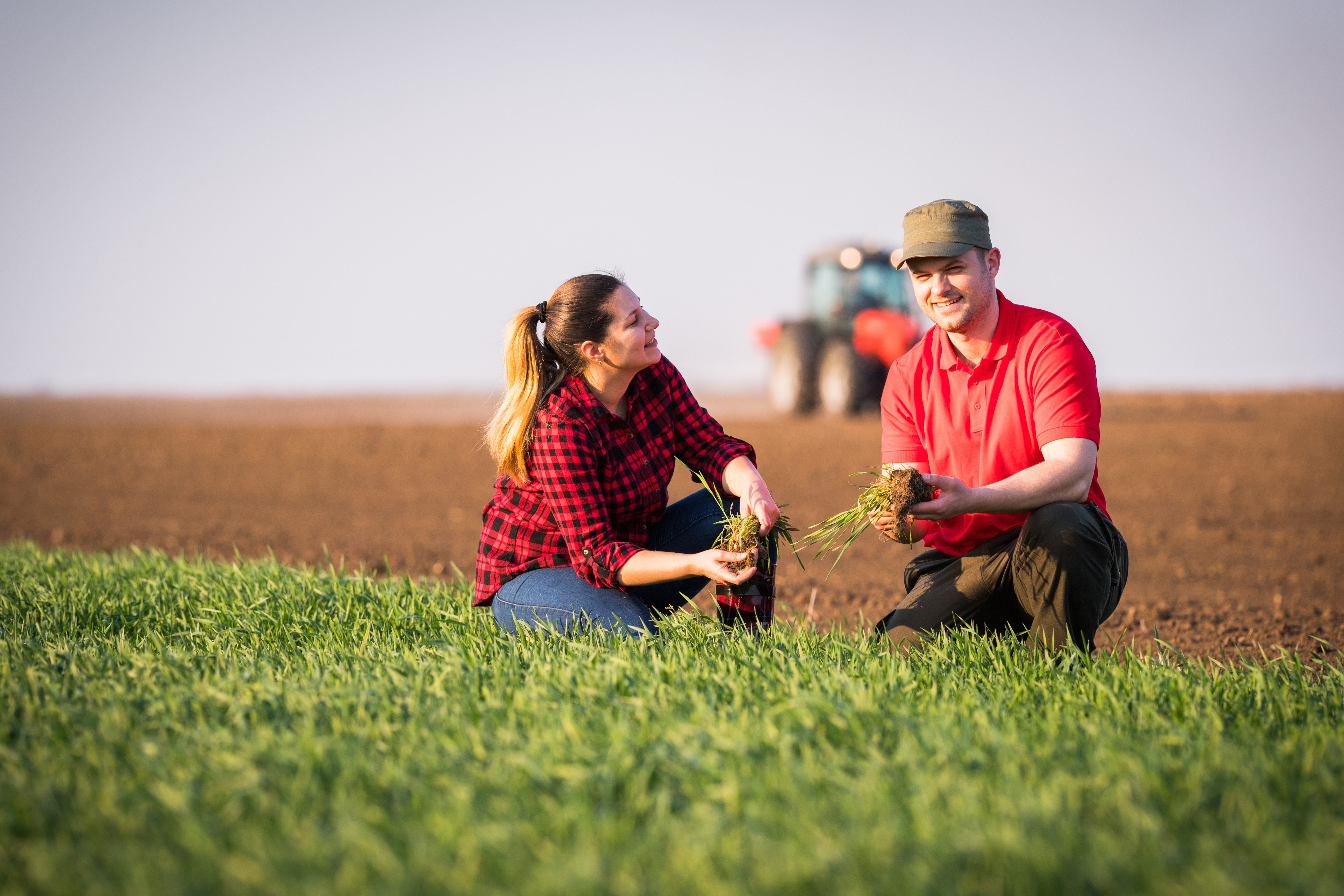Course modules
Year 1
Research Project (Double module)
This module will provide an opportunity to pursue an in-depth study of the student's own choice which is related to their substantive areas of study. Students will work independently, under limited supervision, in order to develop and demonstrate their academic skills and abilities. The dissertation will normally be based on an academic topic using primary and/or secondary data collection techniques. In both cases academic theory is to be critically evaluated and applied to the research topic.
Advances in Agronomy
This module examines the developments and use of current and emerging crop agronomic practices/ technologies and evaluates their ethical, environmental and economic issues. The design of effective experiments and data interpretation to validate new technologies and crop products will also be covered
Developments in Food and Farming Innovation
This module explores the productivity of UK agriculture. Students will examine case studies of innovation in the food and farming supply chain with the aim of creating and justifying innovative solutions to given food and farming situations in order to improve agriculture productivity.
Developments in Global Land Use (Option)
This module critically evaluates the issues with current global land uses. In particular, it will focus on subjects such as climate change, energy use, water management and soil degradation and how current techniques could be altered to achieve lower impacts.
Policy Developments in the Rural Environment (Option)
This module focuses on the global political, economic and legislative developments and how they will affect the rural environment in the future. The module will establish the economic framework within which land use operates and the direction in which legislation and policy are headed.
Sustainable Crop Science
This module explores advances in the application of emerging sustainable technologies and practices in crop production, including water use efficiency, plant nutrition and crop protection.
Entry requirements & additional information
Entry requirements
Foundation Degree or HND in a related subject or 2 years (one at Level 4 and the other at Level 5) of Honours Degree work in a related discipline achieved at 'pass' standard or above. Career experience plus evidence of study skills may also be considered. Applicants with alternative equivalent qualifications will also be considered positively.
Applicants for whom English is a second language must be able to demonstrate proof of International English Language Testing System (IELTS) at Level 6.0 (with no component score lower than 5.5) or equivalent.
All offers may be subject to successful interview.
Learning and assessment
Assessment:
Students will face a variety of assessments including examinations, essays, debates, assignments, technical reports, group and individual presentations, individual study projects and industry based case studies.
Learning Environment:
Learning activities on the course are diverse, including lectures, seminars, tutorials and workshops. This course makes use of the extensive on-site research facilities and the College farms. Students will be expected to undertake extensive independent study and research to support lectures, seminars and assessments. Group work and group presentations will form an important part of the course. Students will also have access to specialist IT hardware and software including an on-line learning platform.
What work experience can I get?
Through core and option modules students will gain hands on experience in a variety of scenarios to build skills that can be used in a working environment.
Additional Information:
Study trips are organised to visit a variety of successful agricultural enterprises in the Cumbria, Cheshire, Lancashire, Yorkshire and Wirral areas. These farm businesses have welcomed Myerscough student visits to supplement the learning in specific modules. Farm diversification and commercial energy generation projects are also visited including wind farms, large scale anaerobic digestion units and biomass plants.
Guest speakers often visit and include industry experts in areas such as plant breeding, crop protection and technology, and crop marketing. Extra curricula activities include a week long study tour takes based in Europe and attendance and national events and conferences.
Progression
On successful completion of the BSc (Hons) programme students may wish to apply for further qualifications such as MSc, M Phil or PhD.
Careers
Graduates will be in a position to apply for posts available in the agricultural industry (and other related industries) including:
Agricultural or crop research
Agricultural finance and insurance
Agricultural journalism
Arable specialist
Agronomist
Consultants
Contractor
Crop Chemical specialist
Crop Marketing
Farm Business Advisor
Lecturers
Plant Breeding specialist
Special requirements
Extra Costs:
Additional costs for items that are essential for the course include:
- Waterproofs, safety boots, wellingtons and overalls - £100
Additional costs for opportunities and items that are optional for the course include:
- Field trips and visits (including possible overseas trips) - £1,200
Latest news, Agriculture
-
Myerscough agriculture student named in final two in Dairy Student of the Year Award
- Published
- Tuesday 14 Dec 2021
-
Myerscough leads the way in research in the land-based and sport sectors
- Published
- Friday 26 Nov 2021
-
Agriculture student challenges industry leaders over ‘shameful career choice’ at fringe event
- Published
- Wednesday 6 Oct 2021
-
Myerscough collaborating on major climate change project
- Published
- Thursday 27 May 2021
-
Degree students celebrate completing dissertations
- Published
- Friday 16 Apr 2021


